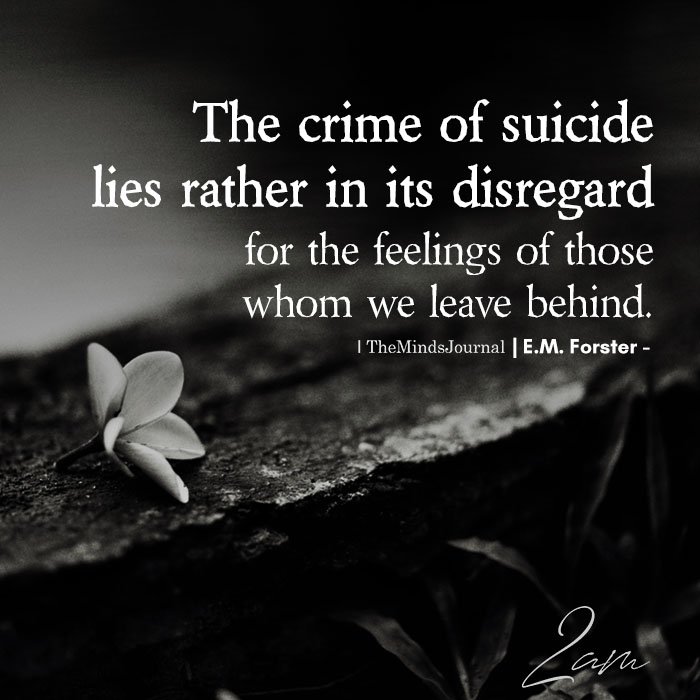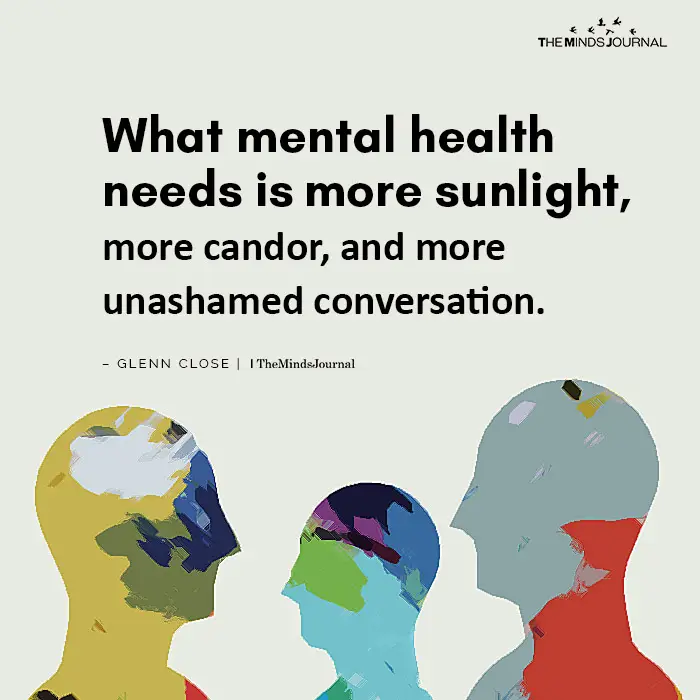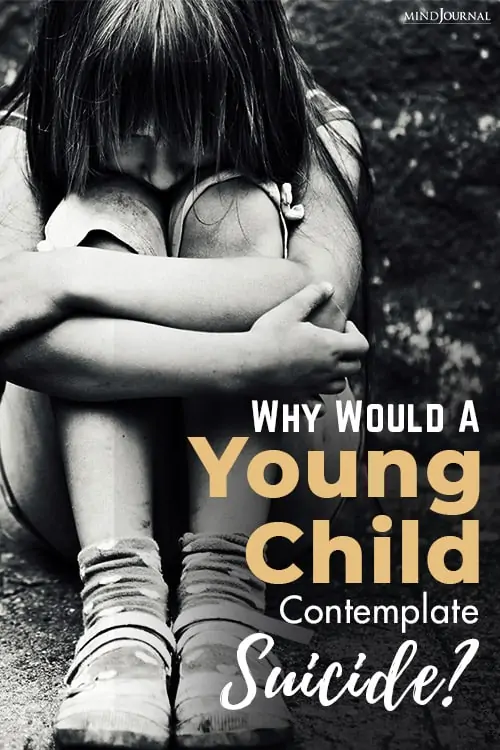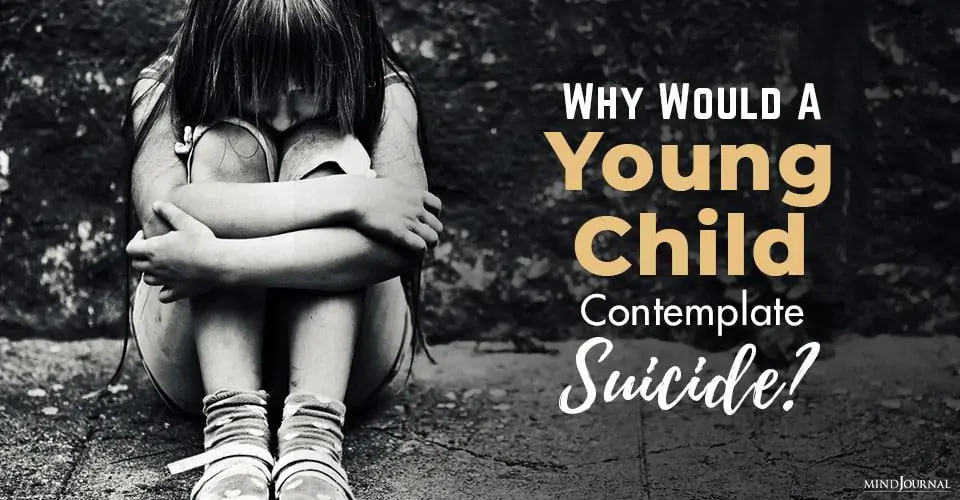Suicidal behaviors in the US have spiked and have transformed into a public health crisis that’s heavily affecting the youth. Why would a young child contemplate suicide is the biggest question?
This decade, the number of young children and teenagers being rushed to emergency centers for attempted suicide has doubled in comparison to the previous decade; the median age of these kids is just 13. The shocking rate of attempted suicides is a major cause of concern for the public; medical experts fear that the number will only climb in the future until we determine the root of the problem.
Child psychologists have seen the rate of suicidal attempts skyrocket over the course of years. What’s alarming is that the majority of the kids that were taken to hospitals for attempted suicides were aged between 5 and 11 years. Statistics from the CDC show that between 1999 and 2015, 1,309 kids committed suicide; this equates to one child suicide every day.

The staggering numbers make it clear that child suicides should be taken seriously. For too long, adults have dismissed the fact that young children understand the concept of death, but these alarming numbers say otherwise.
The rising rate of child suicide is forcing adults to question why young children complete suicide in the first place.
Here’s what the medical community says about the reasons that cause children to take their own lives:
1. Children DO Have an Understanding of Death
Research has found that children who have suicidal thoughts understand that all living things die, they know that death is permanent and dying involves stopping the body’s function.
Children who have suicidal thoughts are usually exposed to some sort of violence in their lives. They are able to describe violent ways of dying such as being shot, stabbed or poisoned.
Parents can prevent suicidal thoughts in their children by keeping them away from violence.
Read 6 Reasons Why Art Therapy Is Beneficial For Kids
2. Mental Health – Behavioral Disorders
Contrary to what many adults believe, children can also harbor feelings of hopelessness and depression. A study carried out in 2016 found that 60% of children that committed and attempted suicide either had attention deficit disorder or ADHD; 33% had depression.

The same study found that children with ADHD had similar symptoms to adults with bipolar disorder; bulimia in kids as young as 6 years old could also increase their chances of suicide.
Read 13 Best Videos On Mindfulness for Kids
If your child has expressed suicidal ideation, has anger outbursts that can lead to violence or shows signs of anxiety and depression, consider taking them to a child therapist.
At Pearce Counseling, our licensed mental health expert, Jaqueline, provides effective counseling for children in NY.
Written by: Jacqueline D. Pearce, LMHC Originally appeared on: Pearcecounseling.com Republished with permission.









Leave a Reply
You must be logged in to post a comment.